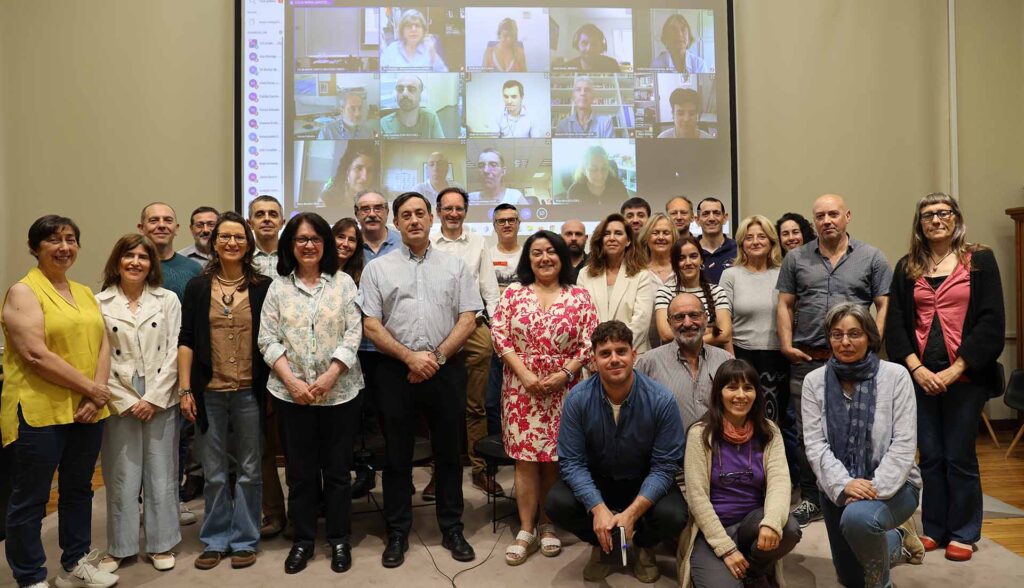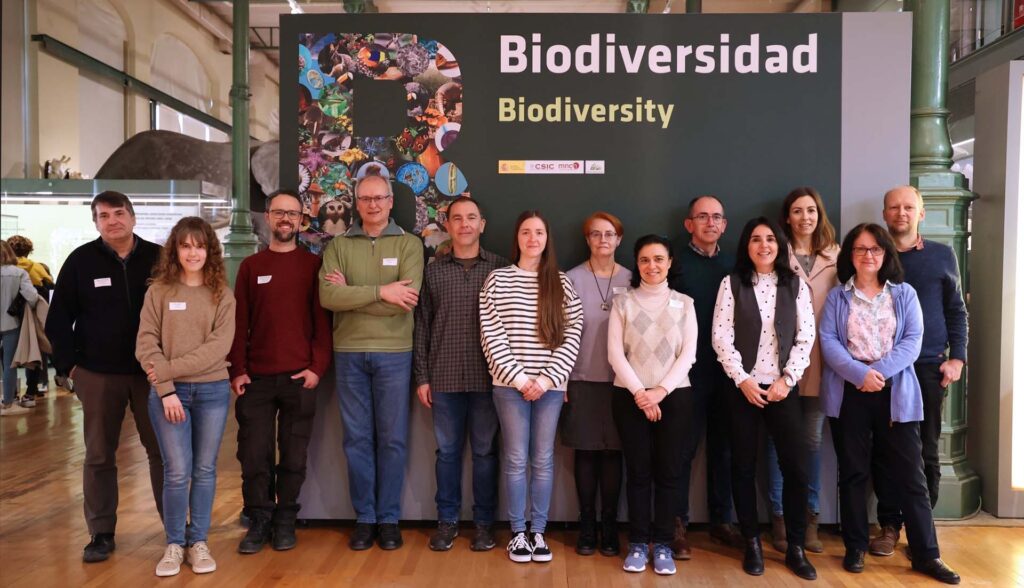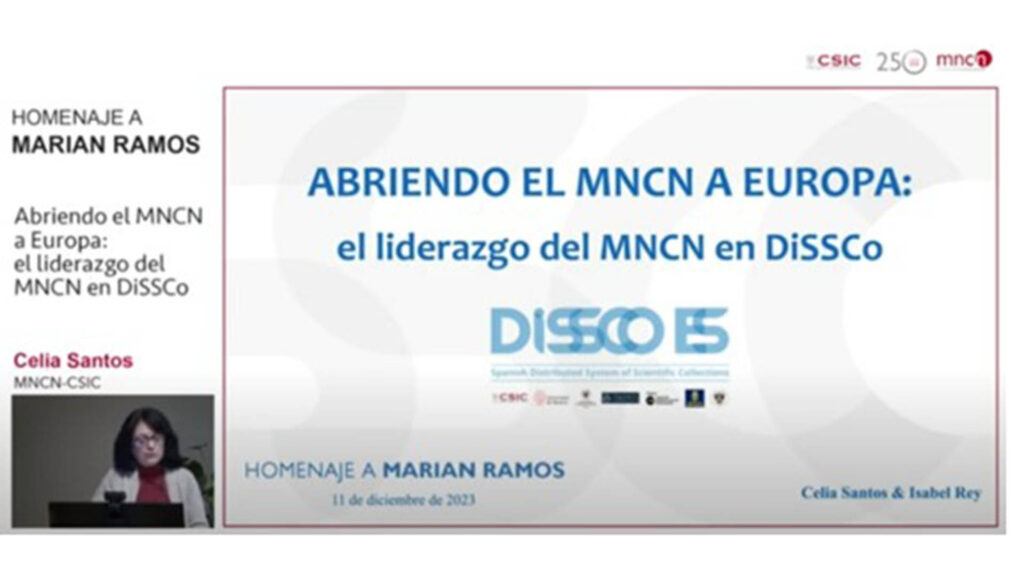The conclusion of 2023 saw the welcome addition of six new members to the DiSSCo National Node in Spain, alongside the successful hosting of the Second General Assembly and the Second Coordination Meeting. These milestones, along with the initiation of several important initiatives and processes, defined the year.
In March, the Torre de la Sal Aquaculture Institute (IATS), the Experimental Station of Arid Zones (EEZA), and the Institute of Marine Sciences of Andalusia (ICMAN) joined the DiSSCo National Node. The IATS, as the sole CSIC center dedicated entirely to aquaculture research, boasts a collection of 730 samples of cysts (dormant eggs) from various species within the genus Artemia (Crustacea, Branchiopoda). Meanwhile, the ICMAN, a public institute focused on marine research, houses approximately 300 microalgal strains spanning ten taxonomic classes. The EEZA conducts studies on arid ecosystems, desertification, evolutionary ecology, and species conservation, with its collections service managing around 170,000 specimens across the ALME Herbarium, as well as entomology, herpetology, ornithology, mammal, and ungulate collections.
In November, the Viera y Clavijo Botanical Garden (Gran Canaria) and the University of Granada, with their Zoology collections, including the Museum of Paleontology, the Herbarium, the Museum of Minerals, the Museum of Soils, and the Botanical Garden, also became part of the Node.
During the Second General Assembly and the Second Coordination Meeting held on May 30 at the MNCN in Madrid, updates were provided to the Scientific and Technical Committee and the National Working Group. Rafael Zardoya, the director of the Spanish Node, presented members with an exhaustive overview of upcoming activities.








